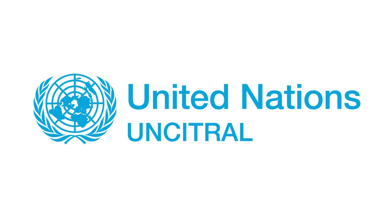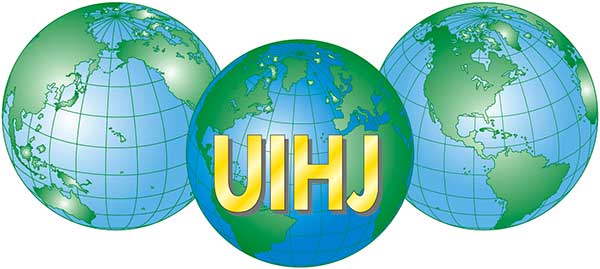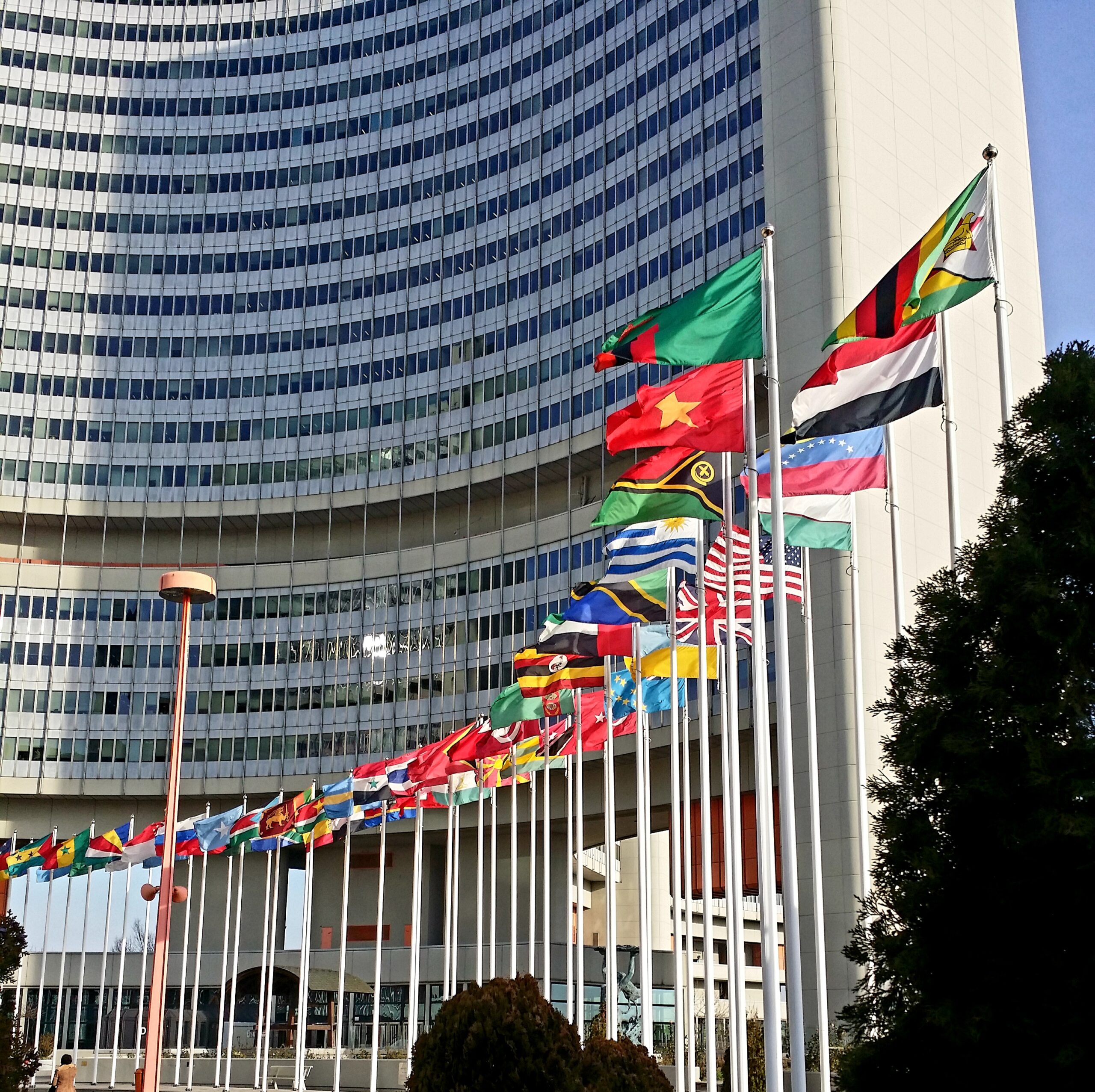
The United Nations Commission on International Trade Law (UNCITRAL), is the core legal body of the United Nations in the field of international trade law. UNCITRAL has specialized in commercial law reform worldwide for over 50 years. Its membership is structured so as to be representative of different legal traditions and levels of economic development, with members representing many countries at different stages of economic development.
UNCITRAL conducts its work during annual sessions held alternately in New York and Vienna. The work at these sessions typically includes finalization and adoption of draft texts submitted to the Commission by the working groups. Currently, there are six working groups, each with their respective projects. As a result of this process, the UNCITRAL texts are widely accepted as offering solutions, guidelines, and model laws for the use of its members.
On 19 August 2020, the State members of UNCITRAL adopted a decision on the format, officers, and methods of work of the UNCITRAL Working Groups during the Coronavirus disease, so that the pandemic does not disrupt the progress that the Working Groups have made so far. The Working Groups will work remotely, in person, or a combination of both whenever possible.
The UIHJ was represented remotely by Sue Collins, Deputy-Secretary, at its meeting held from September 14-18th, 2020. This meeting consisted of the Commission and all 6 Working Groups of UNCITRAL. The purpose of the meetings was to update the full Commission on the status of each Working Group’s progress, their needs, and proposals. According to the decision made in August, country delegates attended both personally and remotely from all over the world.
The UIHJ is an observer to Working Group II – “Arbitration and Conciliation / Dispute Settlement” and Working Group V – “Insolvency Law”. As an observer NGO, the UIHJ attends meetings of both Working Groups and may submit proposals and comments on the work in progress.
At this meeting, a long discussion ensued on how Coronavirus is affecting the work of UNCITRAL and many worldwide organizations. In the current environment, the subject of digital assets has become very important. Legal Issues in the Digital Economy dictates that UNCITRAL takes more interest in the subject and the consideration of scheduling of a colloquium on technology and emerging phenomena in the near future.
Subjects deemed of future interest by the Commission included: technology in international trade, digital economy and e-commerce, digital disputes, artificial intelligence & automation of practices (smart contracts), rights & obligations of parties in data transactions, and online platforms and how they function.
Documents were presented on conclusions of the Colloquium held in December 2019, concerning asset tracing and the recovery of civil assets. The Commission suggested that a toolbox and legislative guide could be developed within Working Group V, keeping in mind cross-border instruments already in place and staying within the Working Group’s mandate of insolvency law. The Chair set a date of December 7th, 2020 to hold the 2nd colloquium in Vienna to discuss the further need for action on this subject. The Secretariat will take up preliminary work on a toolbox and tools currently in place for the tracing of assets to present at the colloquium.
Dates set for Working Groups in 2021 are on the UNCITRAL web site. All spring meeting will be held in New York on the dates specified. Meetings to be held the 2nd half of the year in Vienna are also listed, with those dates tentative until further notice. All meetings scheduled will be available remotely for delegates unable to travel to the meetings until further notice.



